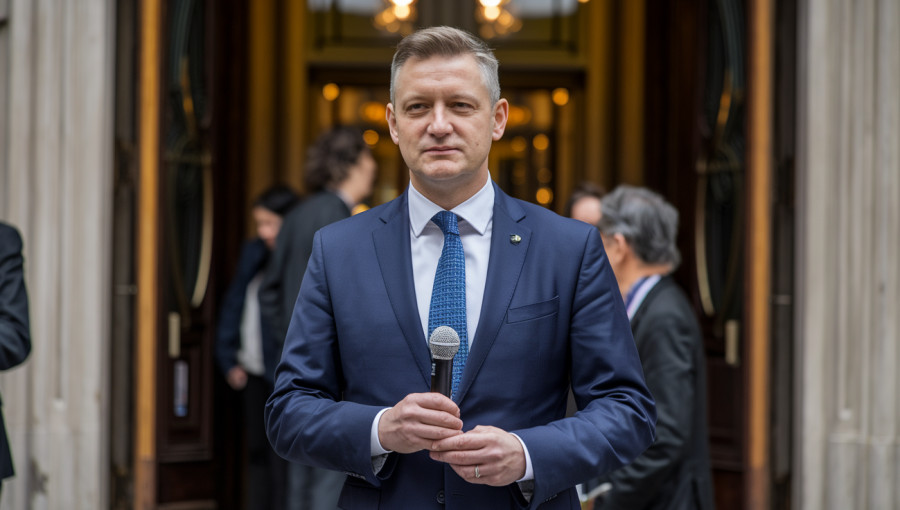The Energy Community Secretary Artur Lorkowski reflected on the progress made since the signing of the Energy Community Treaty 20 years ago, highlighting significant advancements in energy security and market integration among contracting parties. Despite the progress, challenges remain, particularly with the upcoming EU CO2 import tax known as the Carbon Border Adjustment Mechanism (CBAM), which may impact renewable energy. Lorkowski emphasized the need for improvements in legislative frameworks to address potential unintended consequences of the tax on electricity transit and renewables.
In a recent interview with Balkan Green Energy News, Lorkowski marked the 20th anniversary of the Energy Community Treaty as a pivotal point in cooperative progress within the energy sector. He noted that the achievement of economic growth is fundamentally linked to energy security and equitable pricing, emphasizing a noteworthy transformation evident in the 2024 data. The director underscored that fossil fuel reliance has decreased, with a marked increase in renewable energy capacity, which has more than doubled since 2020, alongside an 11% reduction in CO2 emissions per unit of GDP last year.
As the EU continues its integration efforts, Lorkowski indicated that most of the countries in the region are nearly aligned with EU regulations regarding electricity market coupling. He pointed out that all contracting parties except Bosnia and Herzegovina are operating wholesale markets, with Serbia leading the initiative, while North Macedonia and Montenegro are also making strides toward integration. He stressed the urgency of concluding this process as a crucial step on the path to EU integration.
With the looming introduction of CBAM, which will impose a CO2 import tax starting January 1, 2026, Lorkowski expressed concern over delays in preparations among contracting parties. He noted that, while no exemptions will be possible at the outset, there may be opportunities for future exemptions if certain conditions are met. He cautioned that electricity transit through contracting parties could inadvertently fall under the tax, contradicting the original intentions of the regulatory framework.
Lorkowski explained that renewable energy should logically be exempt from such taxes; however, current regulations could lead to complexities in cross-border power purchase agreements, treating renewable energy similarly to fossil fuels. He highlighted ongoing legislative discussions aimed at alleviating these issues and improving trade in renewable energy between the EU and the Energy Community regions.
Looking ahead, the European Commission is expected to release further clarifications on CBAM implementation by the end of 2025, and Lorkowski expressed hope for a swift resolution, including a decision on mutual recognition of guarantees of origin. Additionally, varied carbon pricing models are being developed among contracting parties, although a standardized approach has not been adopted, which could complicate market operations.
Lorkowski stressed the importance of maintaining electricity market integrity while engaging with the EU post-CBAM implementation. He indicated that critical discussions regarding CO2 pricing and the impact of such pricing on various sectors will be a primary agenda at the upcoming Energy Community Ministerial Council meeting. The emphasis must shift toward establishing effective carbon pricing mechanisms alongside comprehensive monitoring and verification systems to support decarbonization efforts and address emissions effectively in the future.

